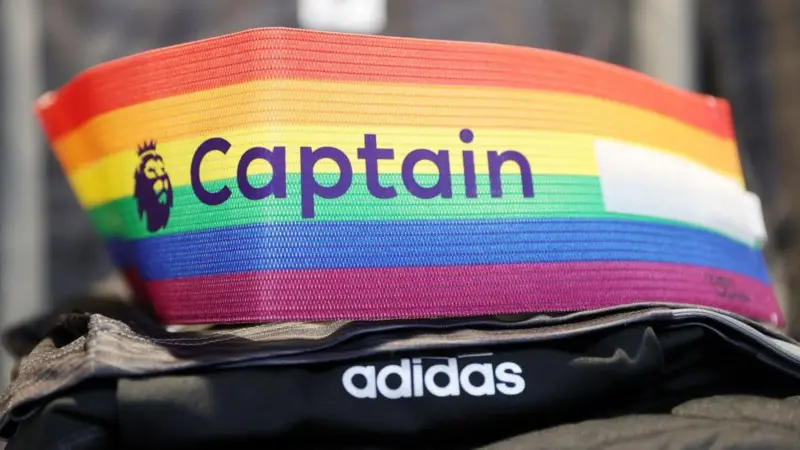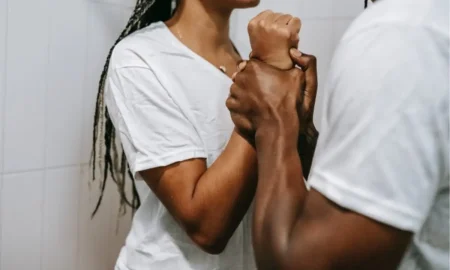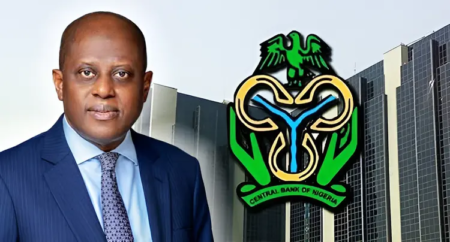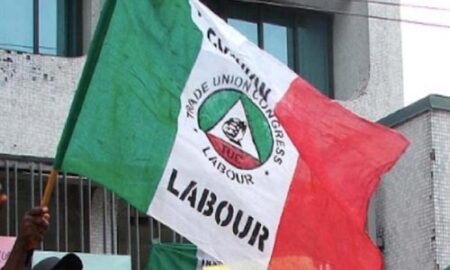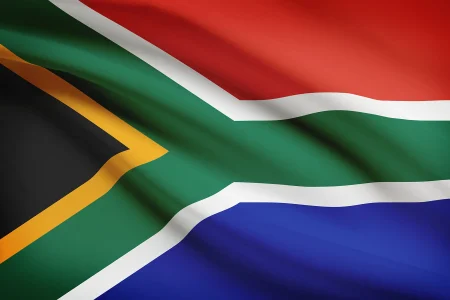The Premier League has ended its long-standing partnership with LGBTQ+ charity Stonewall, confirming it will no longer participate in the Rainbow Laces campaign, a decision that marks a major shift in the league’s approach to promoting inclusion and diversity.
First reported by The Daily Telegraph and later confirmed by the Premier League, the top flight of English football now plans to launch its own inclusion initiative to coincide with LGBTQ+ History Month in February. This comes after more than a decade of collaboration with Stonewall, whose Rainbow Laces campaign has been a visual and symbolic presence in English football since its launch in 2013.
The partnership between Stonewall and the Premier League began in 2014, aimed at fostering a more inclusive environment for LGBTQ+ fans, players, and stakeholders. Over the years, the campaign grew in prominence, with all 20 Premier League clubs showing public support. Last season, 19 out of 20 club captains wore rainbow-coloured armbands, and players laced up in rainbow-themed boots to raise awareness.
But behind the scenes, the league’s direction on diversity and inclusion appears to be evolving. While the Premier League has not provided full details about its upcoming campaign, sources say the league remains committed to tackling discrimination and supporting LGBTQ+ communities through internal education programmes and continued engagement with clubs.
In a statement, a Stonewall spokesperson acknowledged the end of the collaboration, saying, “Rainbow Laces has benefited from a wide range of partners, with a natural ebb and flow reflecting cultural and sporting changes. Alongside other sporting bodies, the FA has been instrumental in advancing LGBTQ+ inclusion at the grassroots level, and more recently the Women’s Super League has taken up the mantle.”
Despite the campaign’s widespread support, the past few seasons have also highlighted the challenges that come with navigating inclusion across diverse personal and religious beliefs.
Ipswich captain Sam Morsy chose not to wear the rainbow armband last season due to his Islamic faith, with the club publicly supporting his decision. Similarly, Crystal Palace defender Marc Guehi drew attention after writing “I ♥ Jesus” on his rainbow armband. At Manchester United, the team abandoned plans to wear jackets promoting LGBTQ+ visibility when one player reportedly refused to wear it.
These incidents illustrate the complexities facing football authorities trying to promote equality while respecting personal expression and belief.
The Premier League’s decision has drawn mixed reactions. Supporters of the Rainbow Laces initiative view the move as a potential setback, especially given the league’s global reach and influence. Critics argue that the partnership’s end may create uncertainty around the Premier League’s future commitment to LGBTQ+ visibility in sport.
BBC News’ LGBT & Identity reporter, Josh Parry, noted, “The Rainbow Laces campaign quickly became a prominent symbol of inclusion for LGBTQ+ sports fans. The move away from Stonewall is likely to add more fuel to the debate surrounding diversity and inclusion efforts in sport.”
This shift comes amid a broader questioning of diversity, equity, and inclusion (DEI) initiatives in various sectors. In recent years, several high-profile organisations have ended associations with Stonewall, including the BBC, which in 2021 withdrew from its workplace equality index to maintain impartiality on campaigns the charity supports.
Meanwhile, the Premier League confirmed that players will continue to take the knee next season, but only twice — during October’s Black History Month — under the “No Room for Racism” campaign. The England women’s team has already phased out the gesture entirely.
With no openly gay or bisexual male players currently in the Premier League and recent Home Office data reporting a rise in homophobic abuse at football matches, campaigners warn that any new inclusion efforts must be robust, visible, and transparent.
The Premier League’s next move will be closely watched — not only for its symbolism but for its impact on the fight for equality in football.


